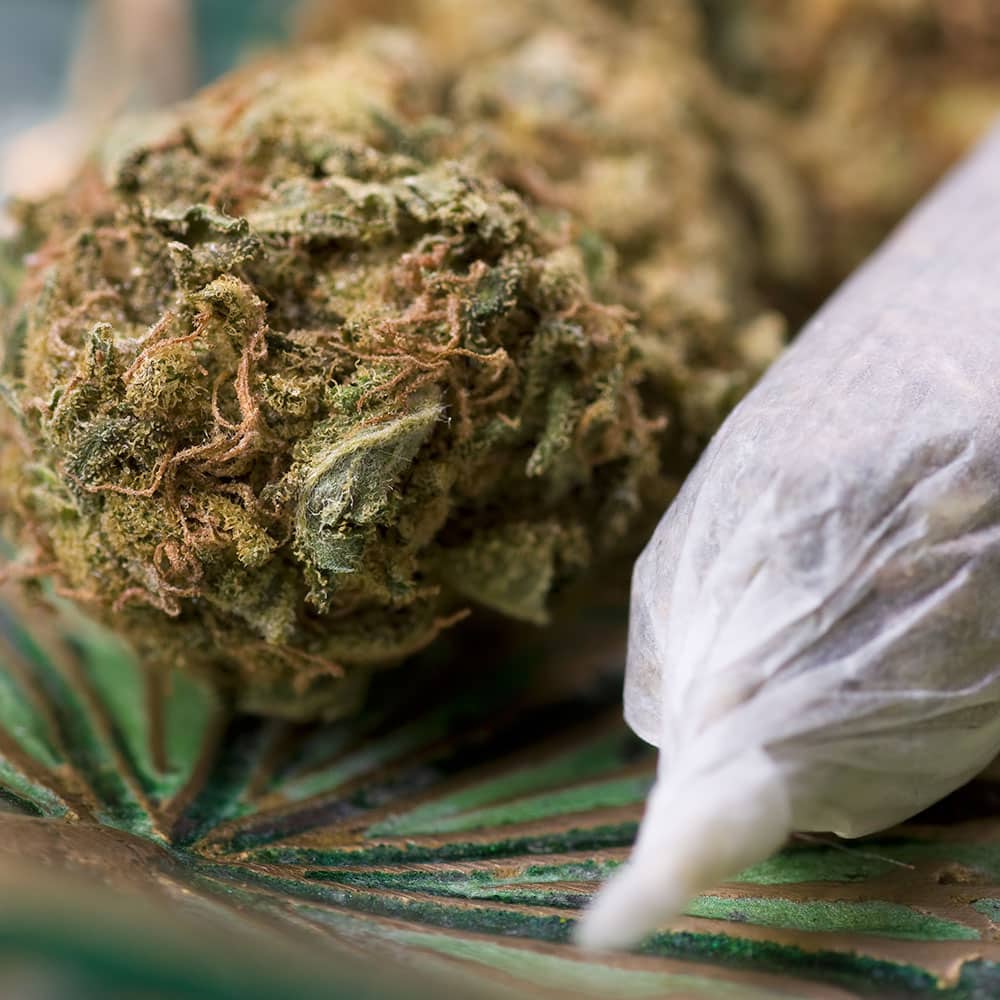Cannabis is largely known for psychoactive effects which includes short term memory loss, problems with attention, concentration, resulting in the stereotypical really giggly person who may appear to be somewhat dazed and confused.
Recent research suggests that the active compound in marijuana may affect older people differently than it does younger people; as opposed to a general cognitive deficit it may actually reverse age related cognitive declines in executive functioning.
Since legalization research suggests that there are numerous potential health benefits, one indicates that THC may turn the clock back on brain aging. This study was based on the knowledge of the brain’s endocannabinoid system being related to brain aging and decline; the older we get the system slows and fewer naturally occurring endocannabinoids are produced in the brain.
Although it is not clear what the effects of the decreased endocannabinoid system activity are, animal studies suggest it is related to memory loss and decreased learning ability. Hypothesis suggest if it were possible to recharge the system to increase activity it may be possible to reduce or reverse cognitive decline and affect the physiological determinants of dementia.
Animal studies have shown marijuana to reverse aging processes in mice brains; older mice displaying memory loss and other age-related brain problems were given low doses of THC, treated mice were observed to regress to states seen in 2 month old mice. Brain tissue and gene activity in the treated mice showed genetic makeup no longer resembled that of old mice, and they were found to have increased brain nerve links associated with learning and cognitive speed.
12-18 month old mice were given a low dose of THC daily in this study; after 4 weeks treated mice displayed behavioral signs indicative of reversal of age related cognitive impairments such as memory and learning as well as learning difficulties. On a genetic level the behavioral changes were determined to reflect real neurological changes at a molecular level in the brain tissue of the treated mice; those on placebo continued to display age related declines.
Human research examining aging indicates that many aspects of physiological patterns are not consistent throughout life, simultaneous occurrence of disrupted circadian rhythms and age related impairments suggests a shared mechanism, which may be able to be targeted with therapeutic interventions.
The endocannabinoid system is a complex signaling network that appears to help regulate certain aspects of circadian rhythm physiology relevant to neurobiology of aging. Evidence suggests that low doses of cannabinoids can help to prevent or reverse some of the effects of brain aging, while effectively decreasing inflammation, improving cognition, and helping to control chronic pain. If findings can be replicated in large human studies we may be closer to finding a treatment for dementia that may stop or reverse symptoms.
Possible explanation may be that these drugs exhibit hormesis, which is a biphasic response wherein low dose has a beneficial effect and a high dose has an inhibitory effect; meaning it is important to determine the dose, age, and time dependent of effects on regulation of circadian rhythms and other processes that may be altered by aging, and if beneficial properties are confirmed intervention studied can be conducted. Effects on circadian clock regulation and other benefits on aspects of physiological aging could be investigated to determine the effects on our lives.
Human trials are currrently not ongoing as more studies are required to determine the safety of long term use and any potential unknown side effects of cannabinoids; then clinical studies would be needed to determine whether low dose THC would have the same effect in humans as in mice, and under what conditions and at what dose.
Given the low doses in this study and possible hormesis effect high dose recreational use will not improve memory; if hormesis proves to be true high dose recreational use may have inhibitory effects on the brain which may contribute to cognitive decline in learning, processing speed and memory.
Findings may help develop a better understanding of normal and abnormal age-related changes to the brain, subsequent research may open new paths with options for treating and possible reversing brain aging in humans; if the active ingredient in marijuana is found to support improvement in human age related memory problems it may give hope to those suffering from dementia which are currently progressive and irreversible.




